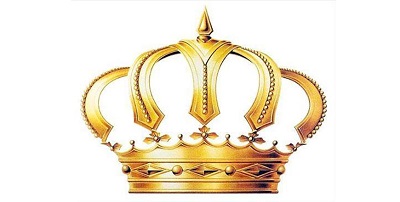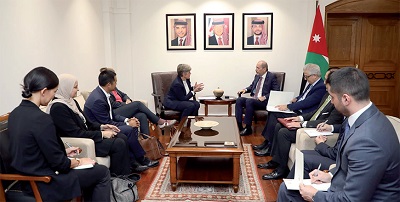A film about Morsi, Sisi and Egypt - Is it too early? - By Mashari Althaydi, Al Arabiya
Without much publicity, we have now come to know that an Egyptian film will be released in May, dealing with the details of the relationship between the Muslim Brotherhood and the Egyptian army, the two major events that shook the country of Canaan, and all the cataclysmic milestones experienced by Egypt from January 2011 until June 2013.
The film was titled “Days of Rage and Revolution”, and then changed to “Very Confidential”. The cast is spectacular to say the least, from the professional scriptwriter Wahid Hamid, the man behind Al-Gama'a series in its two parts, and a tremendous record of filmmaking. Then we have a series of stars such as Mahmoud Hamida, Ahmed Saqqa, Mohammed Ramadan, Khaled Al-Sawi, Nabil Al-Halafawi, Ahmed Rizk and Abdel-Aziz Makhion. The movie is produced by businessman and media figure Ahmed Abou Hashima with Kamel Abu Zekri.
The characters of the current president, Abdul Fattah al-Sisi and the man behind the Brotherhood, Khairat al-Shater, will be characterized in the film, as well as the head of the military council, Marshal Hussein Tantawi, and of course the isolated president Mohamed Morsi, the western wall for the Muslim Brotherhood.
Is it too early to produce a film without much perspective, especially since the events tackled in this picture are still playing out in the current state of affairs? Can the audience really watch this movie without being blindsided?
Or are we always supposed to wait years before reading a novel or watching a film about historic events?
Lack of perspective
It is common that the literature tackling major events turn out to be biased for a lack of perspective. Then these sentiments cool off, allowing for a more scrutiny and enduring study.
As such, the far away we move back in history, the more we become objective. Nevertheless, this is not a static law, nor a moral one. We are faced with a constant flow of emotional writings today about the era of Nasser, both in favor and against him, despite his passing half a century ago. The same thing is true when dealing with influential figures such as The Leader Abdul Karim Qasim and Nuri al Said in Iraq.
Egyptian creativity and art is overwhelmingly rich with the political, social and artistic history of Egypt. There are dozens of works of art about the great personalities, not only in politics but in art and public affairs, such as Taha Hussein and Jamal al-Din al-Afghani.
The rest of the world, especially in the Arabian Peninsula, don’t have any theatrical or dramatic work except for a few, such as the work of the Kuwaiti novelist Ismail Fahad Ismail about the famous poet Muhammad ibn Laboun.
But Egypt on the other hand has always been a leader in this field.
Latest News
 King orders holding parliamentary elections in accordance with law, checks on electoral commission’s preparations
King orders holding parliamentary elections in accordance with law, checks on electoral commission’s preparations- N. Macedonia starts elections that could decide stalled EU talks
 US Senate passes bill for aid to Israeli Occupation, Ukraine, Taiwan
US Senate passes bill for aid to Israeli Occupation, Ukraine, Taiwan Safadi discusses support to Syrian refugee with DRC
Safadi discusses support to Syrian refugee with DRC Israeli Occupation aggression on Gaza enters 200th day
Israeli Occupation aggression on Gaza enters 200th day
Most Read Articles
- Safadi discusses support to Syrian refugee with DRC
- King, Kuwait emir reaffirm pride in deep-rooted relations
- Israeli Occupation aggression on Gaza enters 200th day
- Kuwait channels $24 billion in development assistance to Jordan in 24 years
- UNRWA’s role in Gaza indispensable — Foreign Ministry
- King orders holding parliamentary elections in accordance with law, checks on electoral commission’s preparations
- Jordan condemns Israeli 'war crimes' in Gaza, calls for accountability
- Jordan outperforms MENA average in women, business, law indicators — report
- General Motors lifts 2024 profit forecast after strong Q1
- Baby delivered from dying mother's womb in Gaza 'miracle'